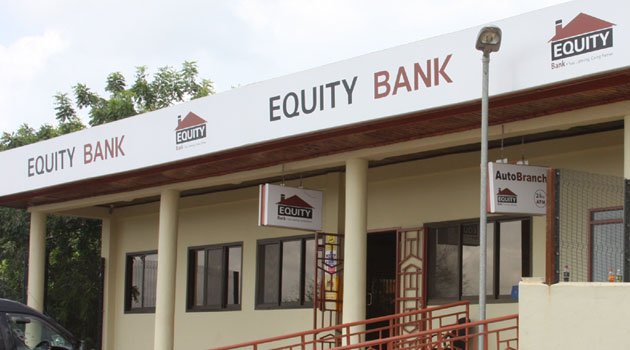
Sukuma Wiki (kales) is so cheap in Mlolongo which is just a few minute’s drive from Nairobi.
However, the reason it is so cheap will make you wanna stop eating it for life.
In 2016, the Consumer Federation of Kenya (COFEK) sounded the alarm on the toxic levels of foods consumed in Nairobi.
Scientists at the University of Nairobi found high levels of toxins such as calcium carbide, hydrogen peroxide, polychlorinated biphenyl-laden transformer oil, formalin, and lead in foods sold in supermarkets and around eateries.
The foods tested were bananas, apples, poultry, sukuma wiki, and milk.
If foods sold in such high-end places were that toxic, how about that one sold by your local mama mboga?
This brings me to another study that specifically targeted one of Kenya’s staple foods; Sukuma Wiki.
In 2019, lab tests showed that vegetables obtained from Supermarkets revealed high level of mercury, higher than the recommended levels by World Health Organisation (WHO).
According to a WHO report, mercury is a major threat to public health because even exposure to smaller amounts poses a threat to human development, especially of children in early stages of life.
Is this the reason why cancer is on the rise in Kenya?
In Nairobi, kales or sukuma wiki is grown along the heavily polluted river with the same water that contains industrial waste.
No one is safe as all the agricultural land is being taken over by real estate companies who put worthless concrete on lands that could otherwise be used for large-scale cultivation of foods.
If Kenya was serious about the health of its people, then lands such as Kisii, Bomet, Kiambu, and Trans Nzoia would be real-estate-free to be used solely for cultivation. This is a controversial suggestion, but we would rather live in desert cities constructed in North Eastern and Turkana and feed on proper foods. The problem is greed through importation and hospitals wanting to make a quick buck. If you eat healthily, the pharmaceutical industry will collapse. Classic capitalism loves when you feed on junk.
This below is how they do it in Mlolongo, these end up in supermarkets, eateries, and homes in Nairobi.
VIDEO
PHOTOS






















































